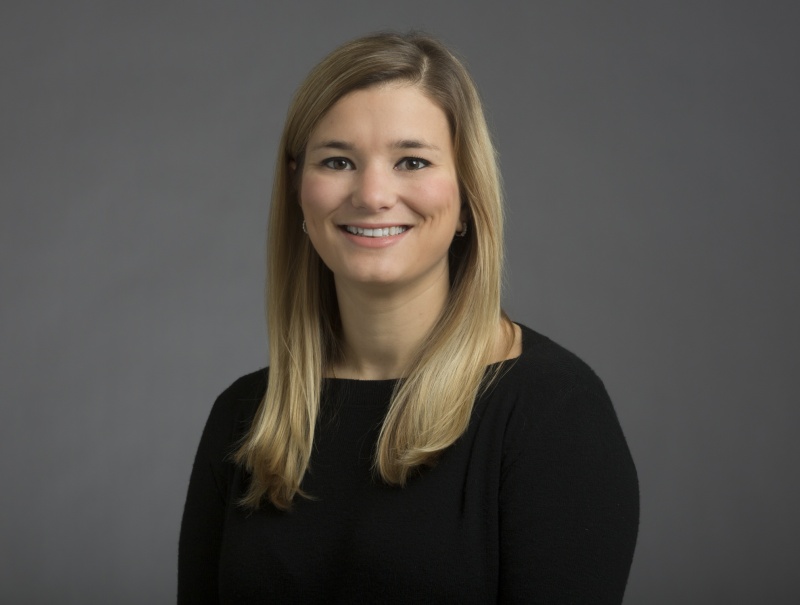Assistant Professor, Department of Psychiatry and Behavioral Sciences

Rush Medical College
Assistant Professor, Department of Psychiatry and Behavioral Sciences
Faculty, Autism Assessment, Research, Treatment and Services Center
Faculty, Section of Population Behavioral Health
